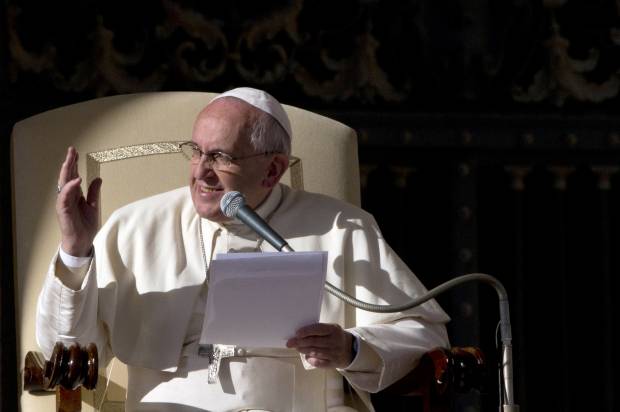
Salon
Salon has a far left bias in its daily reviews of domestic politics and provocative cultural topics. The American Journalism Review described Salon's political views as provocative and liberal, while many readers have noticed a uniquely progressive, Northern California style in the website’s content. Accordingly, the AllSides Bias Rating™ for Salon is far left, a rating we have a medium confidence level in. A majority of nearly 3500 AllSides community members agreed with this rating, while 29 of those who disagreed gave Salon an average bias rating of 70. This score falls in the middle of the lean left bias, but it is not enough evidence to change Salon's rating.
More on Salon
In addition to politically liberal commentary, Salon covers a variety of topics including reviews about books, films and music; articles about modern life, including relationships and sexuality; and reviews about technology. Founded in 1995 by David Talbot, it was created by former San Francisco Examiner staff members who departed the newspaper looking to explore digital journalism. The website has maintained its progressive style over the years, producing stories in the format of a “smart tabloid” in order to reach popular audiences, as Talbot said in 2008. Although it has historically been unprofitable, Salon offers both free and premium content, with about 15 new articles posted per day.
Sources:
Wikipedia: Salon
On Monday, Pope Francis delivered the annual Christmas greeting to the cardinals, bishops and priests of the Vatican that was anything but cheery. In fact, the leader of the Catholic institution used the opportunity to shame his clergy for many members’ desire for power at the expense of living a religious life — what he called, “spiritual Alzheimer’s.”
He spoke of the “terrorism of gossip” which can “kill the reputation of our colleagues and brothers in cold blood.” He said that cliques can “enslave their members and become a cancer that threatens the harmony of the body,” and that these power-hungry clergy lived lives “typical of mediocre and progressive spiritual emptiness that no academic degree can fill.”
“These and other maladies and temptations,” Francis continued, “are a danger for every Christian and for any administrative organization, community, congregation, parish, ecclesial movement, etc., and can strike at both the individual and the corporate level.”










